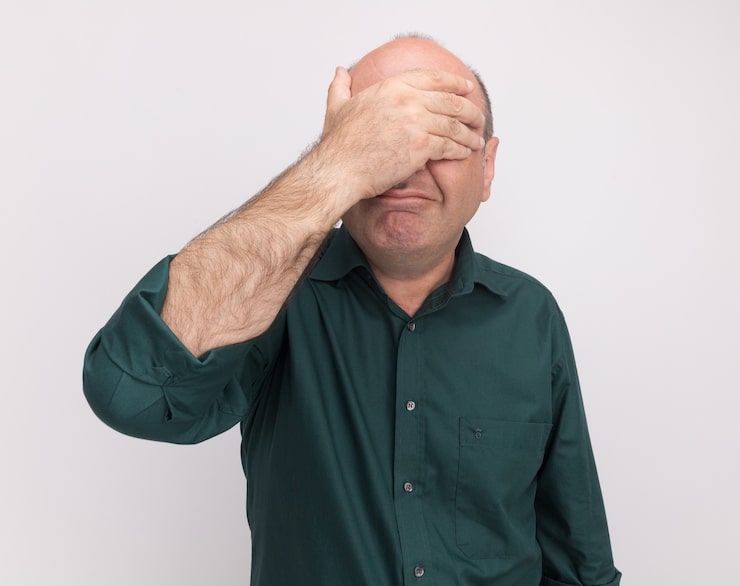Glaucoma is a common eye condition, especially in older adults. It usually happens when fluid in the eye can’t drain properly, causing pressure to build up and damage the optic nerve—the nerve that sends visual information from the eye to the brain. The earliest damage usually affects side (peripheral) vision, so the first signs often go unnoticed and are commonly found during a routine eye exam.
The signs of glaucoma
Early symptoms of glaucoma are often very mild and easy to miss. People may think they are just tired or have allergies. Watch for cloudy or blurred vision, especially if it occurs when one eye is closed, or makes reading, driving, or getting around harder. Also be aware of sudden visual changes in low light, halos around lights, eye pain, redness, or excessive tearing—especially if these symptoms persist or get worse. A gradual loss of side vision can be an important early warning sign. Regular eye checks help catch these signs sooner so treatment can start before vision worsens.

Diagnosis
If you notice any of these symptoms, book an appointment with your optician for a full eye exam. Early diagnosis is important because it helps control the condition. The risk of glaucoma rises with age and it’s much less common before age 40. It’s also more common in people of Afro-Caribbean descent and in those with a family history of glaucoma. Other risk factors include diabetes, short- or long-sightedness, high blood pressure, and certain medications.
Common tests that may be done during a routine eye exam include:
– Visual field test — checks peripheral vision
– Eye pressure test — measures pressure inside the eye
– Optic nerve assessment — examines the back of the eye for signs of damage
If your optician finds signs of glaucoma, they will refer you to a local hospital to see an ophthalmologist.
How is glaucoma treated?
There is no cure for glaucoma and the damage can’t be reversed, but treatment can slow or sometimes stop further loss of vision. Treatment options include medicines, eye drops, laser treatment, or surgery. The choice depends on the type of glaucoma and your overall health and medical history. Treating glaucoma is important because, without it, vision loss can become permanent.
If you have any concerns about your eyesight, contact your optician to arrange an eye examination, even if your next routine visit isn’t due. Early detection can help prevent significant sight loss.